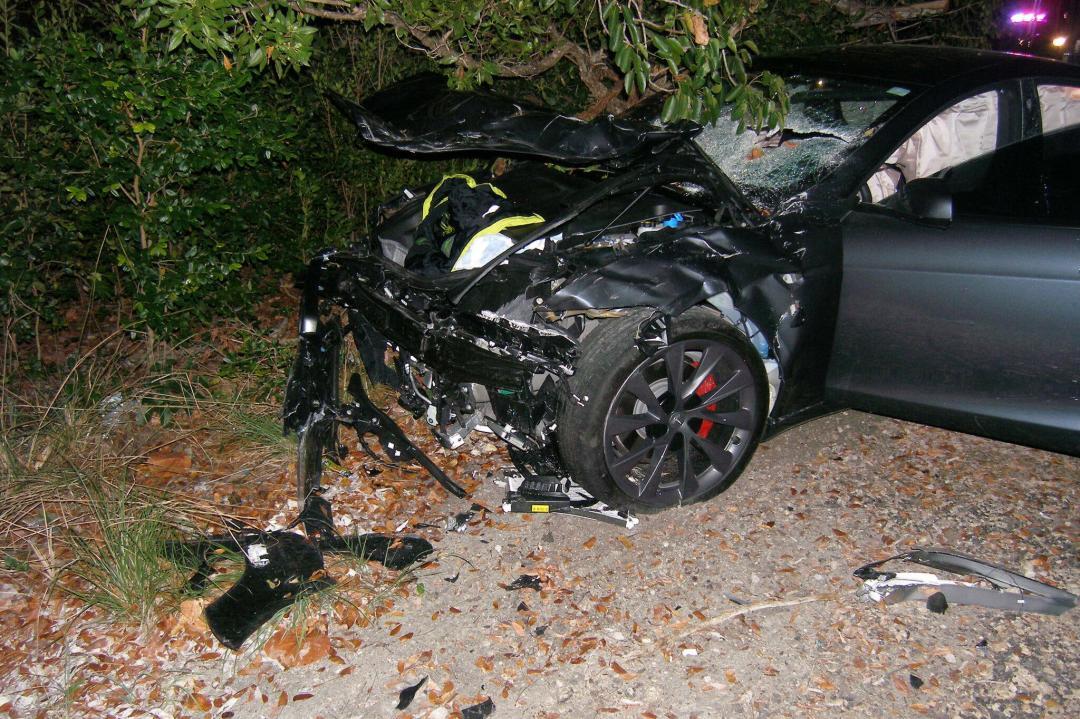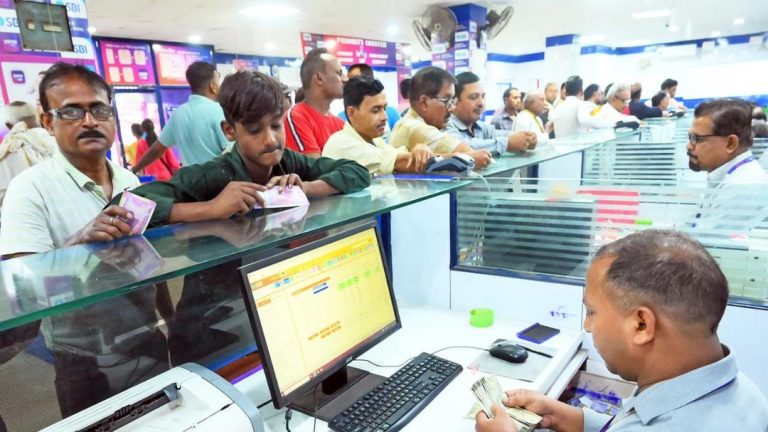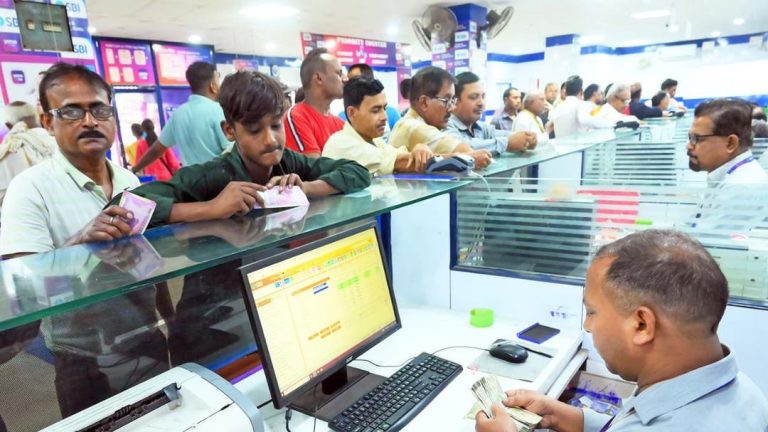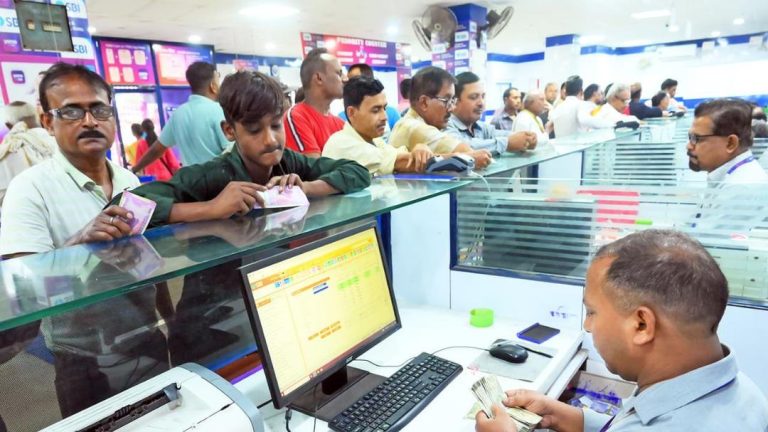
Tesla Ordered to Pay ₹2,900-cr after Being Found 33% Responsible for 2019 Autopilot Crash
In a recent development, a Miami court has found Elon Musk-led Tesla 33% responsible for a fatal Autopilot crash that occurred in 2019. The incident involved a Tesla Model S running a stop sign and hitting another car, resulting in the tragic death of a woman standing next to it. As a consequence, the court has ordered Tesla to pay a significant sum of $329 million (approximately ₹2,900 crore) in damages to the families of the victims.
The incident occurred on March 1, 2019, in Fort Lauderdale, Florida. According to reports, the Tesla driver, 50-year-old Kevin Smith, was using the Autopilot feature on his Model S at the time of the crash. Smith had allegedly dropped his phone inside the car and was attempting to retrieve it when he failed to notice the stop sign at an intersection. The car ran the stop sign and collided with another vehicle, causing significant damage and ultimately resulting in the death of 69-year-old Barbara Werner, who was standing next to the other car.
The families of the victims had filed a lawsuit against Tesla, alleging that the company was responsible for the crash due to the malfunctioning Autopilot system. During the trial, Tesla argued that the driver, Kevin Smith, was at fault for being distracted and failing to pay attention to the road. However, the court found Tesla partially responsible for the crash, citing that the Autopilot system had failed to detect the stop sign and alert the driver.
The court’s decision is a significant blow to Tesla, which has been at the forefront of the autonomous vehicle industry. The company has been touting its Autopilot technology as a means to reduce accidents and improve road safety. However, this incident highlights the potential risks and limitations of relying solely on Autopilot technology.
Tesla’s Autopilot system is designed to assist drivers in various driving tasks, such as steering, acceleration, and braking. However, the system is not capable of completely taking control of the vehicle, and drivers are still required to pay attention to the road and be prepared to take control at any time. In this incident, it appears that the Autopilot system failed to detect the stop sign and alert the driver, leading to a tragic outcome.
The court’s decision sends a strong message to Tesla and other companies developing autonomous vehicle technology. It highlights the need for greater responsibility and accountability in the development and deployment of such technology. As autonomous vehicles become increasingly prevalent on our roads, it is essential that companies like Tesla prioritize safety and take all necessary measures to ensure that their technology is reliable and effective.
The families of the victims in this incident have been fighting for justice for over three years. The court’s decision is a significant victory for them, and the $329 million payout will help them to cope with the loss of their loved one. As the world continues to grapple with the complexities of autonomous vehicle technology, it is essential that we prioritize safety and take all necessary measures to prevent similar incidents from occurring in the future.





